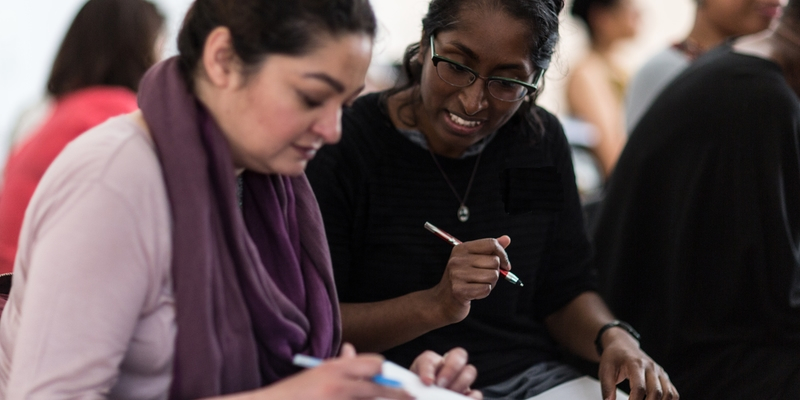What is EMDR?
This is recommended by NICE as one of the treatments for PTSD. EMDR therapy shows that the mind can in fact heal from psychological trauma much as the body recovers from physical trauma. When you cut your hand, your body works to close the wound. If a foreign object or repeated injury irritates the wound, it festers and causes pain. Once the block is removed, healing resumes. EMDR therapy demonstrates that a similar sequence of events occurs with mental processes. The brain naturally does processing and healing during Eye Movement (REM) sleep.
The goal of EMDR therapy is to process completely the experiences that are causing problems, and to include new ones that are needed for full health. “Processing” does not mean talking about it. “Processing” means setting up a learning state that will allow experiences that are causing problems to be “digested” and stored appropriately in your brain. What is useful to you from an experience will be learned and stored with appropriate emotions in your brain and be able to guide you in positive ways in the future.

The goal of EMDR therapy is to leave you with the emotions, understanding and perspectives that will lead to healthy and useful behaviours and interactions. There would be decreased levels of distress; some of the thoughts and interpretations about the traumatic incident may be altered and you will begin to see what happened differently, with a new perspective; often in a healthier way.
Group Trauma Events Protocol (G-TEP) G-TEP was developed as a simplified adaptation for use in a group context. The goal is still to process each individual’s trauma, but within a group framework, without disclosure of confidential information to other group members. Group psychotherapy is associated with favourable outcomes across a number of symptoms. PTSD and depression are the most commonly targeted, but efficacy has also been demonstrated for a range other symptoms, including Distress, Low Self-esteem, Fears, Panic attacks, Complicated grief, Dissociative disorders, Disturbing memories, Phobias, Pain disorders, Performance anxiety, Stress reduction, Addictions, Sexual and/or Physical abuse, Body dysmorphic disorders, Personality Disorders.
Where
St Werburghs Community Centre, Horley Road, St Werburghs, Bristol BS2 9TJ
When
Saturday 15 & 22 February 2025, arrive at 9.45am (promptly) to 12noon
Limited to a maximum of 25
Cost
£90 for both sessions
Payable in advance upon registering and is non-refundable within 2 working
days of each event.
How to register
Email Gary McFarlane (for a registration form): [email protected]

If you are unsure of anything, please call us for a friendly and confidential chat.

